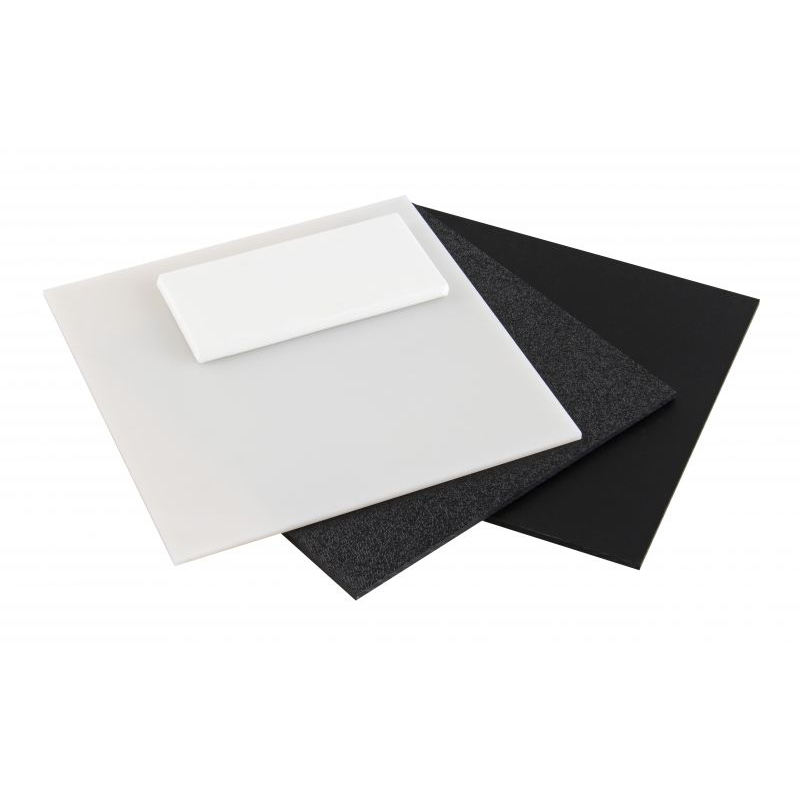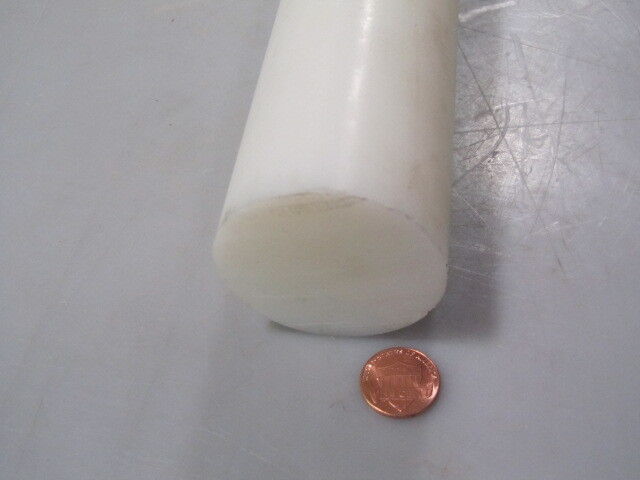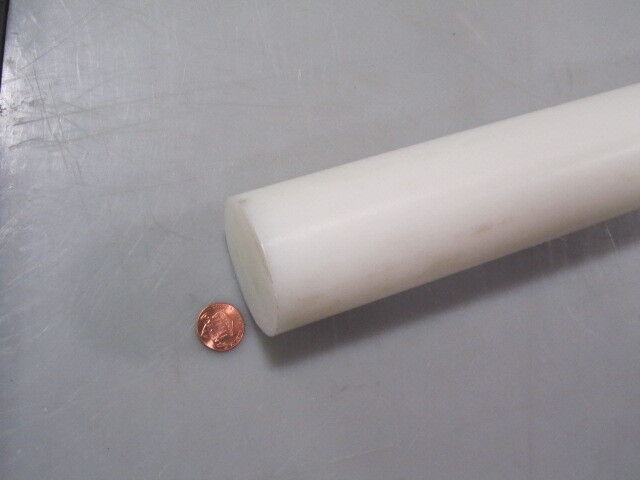Although India has made significant progress in reducing its power deficit over the years, the issue is far from resolved. According to the World Bank, the country suffered a loss of $86.1 billion—approximately 4% of its GDP—in 2016 due to inefficiencies and challenges within the power sector. This highlights the urgent need for more reliable and sustainable energy solutions.
The reliability of electricity in India still lags behind global standards. As per the Global Competitiveness Report of 2018, India ranked 80th out of 137 economies in terms of electricity reliability. In such a context, the problem of power shortages remains a critical concern, especially for those who rely on consistent electricity for their daily work and living.
For households and small businesses, the unpredictability of power supply no longer needs to be a source of stress. A wide range of affordable Uninterruptible Power Supply (UPS) units are now available in the market, offering protection for your valuable data, electronics, and investments.
When selecting the best UPS for your home or small business, consider the following factors:
**What is your budget?**
UPS systems for homes and small offices start from around Rs.1700 and can go up to Rs.20,000 or more, depending on the model and features. While price is an important factor, it's not advisable to choose a UPS solely based on cost. Lower-quality units may fail to protect your devices during power outages, leading to potential damage or data loss.
**How energy efficient is the UPS?**
Many modern UPS models come with energy-saving features such as smart outlets that automatically shut off idle devices. Others include automatic voltage regulators or high-efficiency charging systems, which help reduce power consumption and lower long-term costs.
**How many loads can the UPS handle?**
The term "load" refers to the number of devices connected to the UPS and the amount of power they consume. If you plan to power multiple devices, it's recommended to go for a UPS with a higher VA rating to ensure sufficient capacity and stability.
**What type of battery does the UPS use?**
The battery is the core component of any UPS, providing power when the main supply fails. Lead-acid batteries are commonly used in residential and commercial setups due to their affordability and reliability. Although lithium-ion batteries are also available, they tend to be more expensive upfront, even though they offer longer lifespan and better performance.
**What is the size of the UPS?**
Choosing the right size is crucial. Some UPS models are designed for heavy-duty use but may be overkill for simple tasks like powering a router or phone charger. It’s essential to assess your actual power needs before making a purchase to avoid unnecessary expenses.
It’s always a good idea to look for a reputable brand and consult with a trusted retailer who understands your specific requirements. A reliable supplier will guide you in selecting the most suitable UPS for your home or office and provide proper after-sales support in case of any issues.
While there may be additional factors to consider, focusing on these key aspects will greatly enhance your decision-making process and help you make a well-informed choice when purchasing a UPS.
HIPS Sheet Rod
HONY®HIPS (High Impact Polystyrene), also known as PS (Polystyrene), is an amorphous thermoplastic material, used in lower heat applications. It is categorized as a standard material, and offers ease of processing, high impact strength, and stiffness.
HIPS is a versatile cost-effective material engineered from tough polystyrene resins. It is often specified for low strength structural applications when impact resistance, machinability, and low cost are required. It has excellent dimensional stability and is easy to fabricate – it can be guillotine cut, die-cut, punched, and also painted and glued, properties that make it a popular option for machining pre-production prototypes. Natural (translucent white) HIPS is FDA compliant for use in food processing applications.
High Impact Polystyrene (HIPS) can be assembled with mechanical fasteners, solvents, or adhesives. Printable grades of polystyrene can be decorated using a variety of printing methods including offset lithography, screen-printing, and digital printing. It is also used as a substrate to mount graphics such as plotter vinyls/films.
HIPS is ideal for producing signs and displays; it is one of the lower cost materials available and contains many of the properties desired by lithographic, screen and digital printers.

While general purpose polystyrene is lightweight, clear, and brittle, HIPS benefits from rubber additives to make it much more is much more flexible and improve its impact strength. Though it has an opaque appearance, it can be painted, labeled, and designed with ease.
HIPS offers the following qualities:
-
Low cost
-
Easy to manufacture
-
High impact resistance
-
High melting point
-
Highly customizable
-
Easy to recycle
-
Food-grade compliant
What Is HIPS Used For?
Because it`s inexpensive, durable, and easy to customize, HIPS is a reliable plastic used in a huge amount of goods, including:
-
Food packaging, including disposable trays, coffee cups, and yogurt cups
-
Toys
-
Bicycle components
-
Television and computer houses
-
Automotive instrument panels and gas tanks
-


High Impact Polystyrene HIPS sheet,HIPS,Polystyrene,HIPS machined part,HIPS sheet rod,High Impact Polystyrene HIPS
Hony Engineering Plastics Limited , https://www.honyplastic.com


